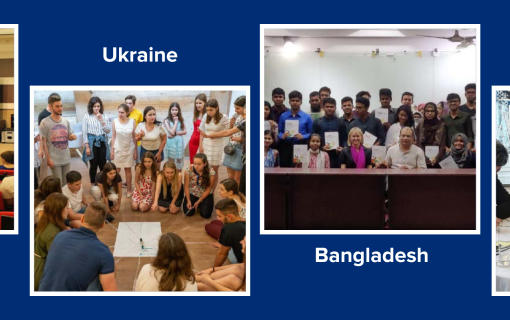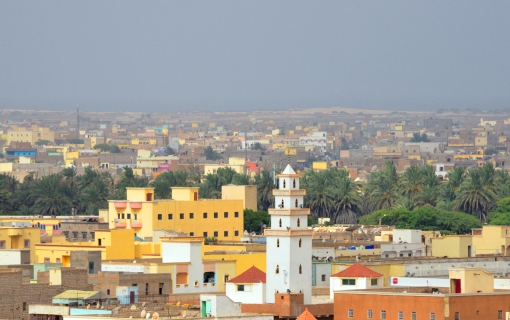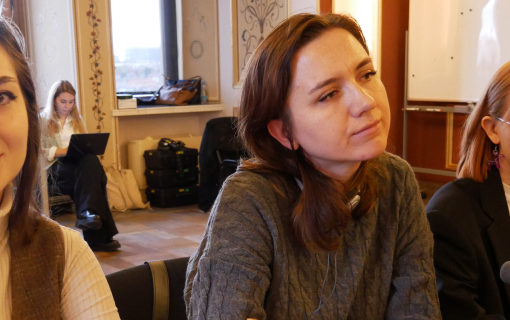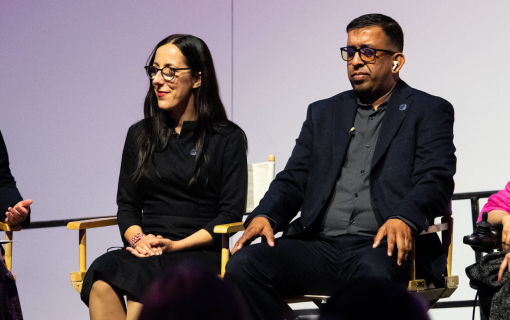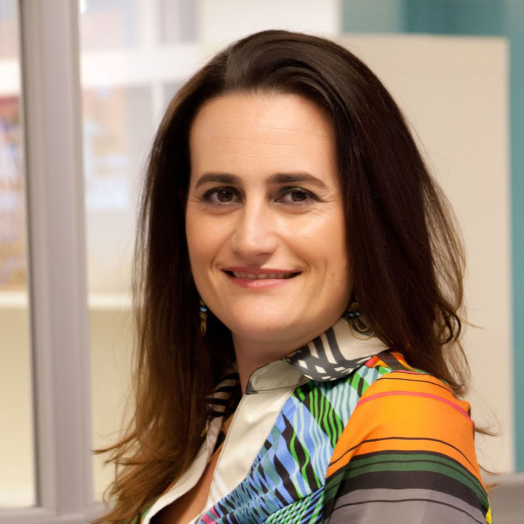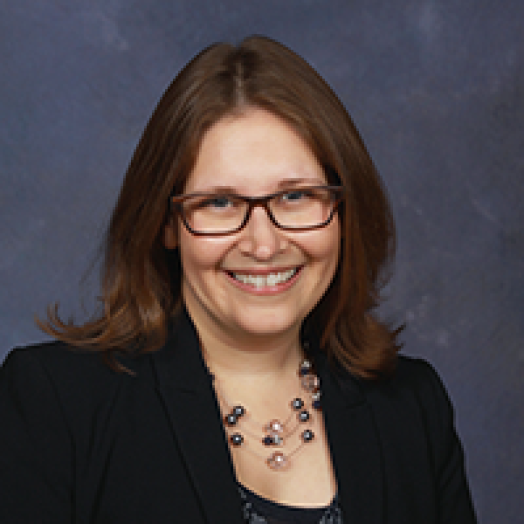
Intersectionality in Action: Lebanese Human Rights Advocates Assess Joint Barriers and Build Coalitions
Lebanon is a country of multiple layers of social, confessional, ideological, economic and cultural identities. The political rights of marginalized populations, including women, persons with disabilities, refugees, young people and lesbian, gay, bisexual, transgender, queer and intersex people (LGBTQI+), are undermined by systematic discrimination and physical and psychological violence.
The International Foundation for Electoral Systems’ (IFES) “Identify, Interpret and Respond – Mobilizing Intersectional Approaches to Preventing Identity-Based Political Discrimination and Violence in Lebanon” project supports civil society organizations (CSOs) to assess and address barriers to engagement in political life through coordinated action with CSOs representing other marginalized groups. IFES’ Intersectionality Assessment found that stigma, lack of representation in government and restrictive personal status laws were among the top barriers to inclusive political participation. Additionally, CSOs were not deliberately considering their work from an intersectional perspective but did express interest in learning more about how to incorporate intersectionality into their work and connecting with other CSOs.
“Too often we are drowning in microcosms, and we need to open our minds to think about how other groups are affected by the same challenges and opportunities.” – A gender advocate during a key informant interview
CSOs representing women, people with disabilities, LGBTQI+ people, refugees and young people collaborated to draft a joint policy platform using IFES’ “Power to Persuade” methodology. The CSOs then formed a coalition, the PATH Coalition: Power in Inclusion and Diversity, which brought together more than 25 CSOs from across Lebanon. The PATH Coalition drafted an intersectional policy platform, available in English and Arabic, that lays out priorities for rights-based advocacy toward equal access to political rights, education, employment and inclusive governance and legal frameworks. IFES awarded grants to intersectional CSO coalitions to work on joint projects addressing the policy platform topic areas.
Coalition members are now collaborating to develop action items and recommendations on reforms that can make the scheduled 2022 elections more accessible, inclusive and credible.
Published on August 11, 2021.




